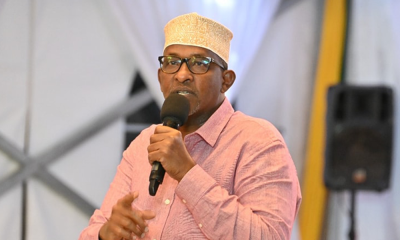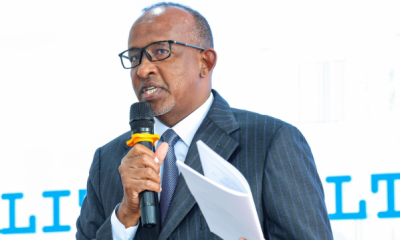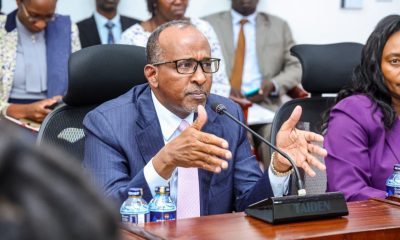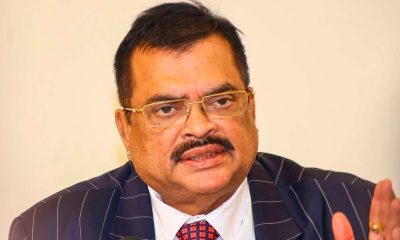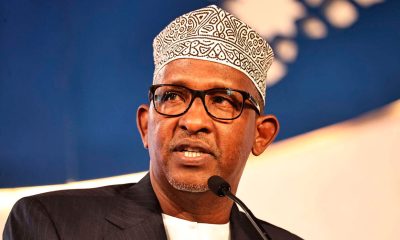Investigations
Have MPs Been Compromised in Mediheal Organ Trafficking Probe?
Since committee chairman James Nyikal opened the inquiry on April 22 with a 90-day deadline, the investigation has ground to a virtual halt.
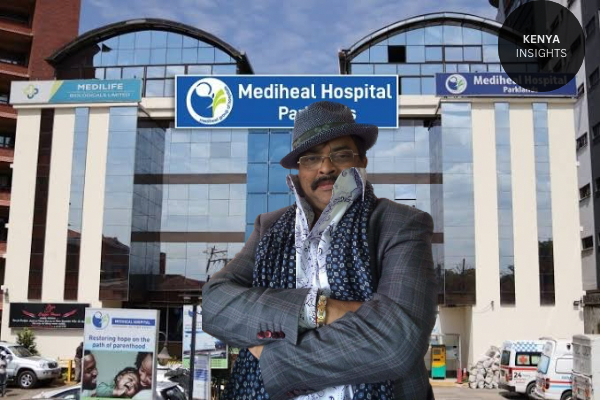
Three months after launching what was supposed to be a thorough investigation into alleged organ trafficking at Mediheal Group of Hospitals, Kenya’s National Assembly Health Committee has managed to interview just one witness, raising serious questions about potential sabotage and political interference.
The parliamentary probe, initiated following damning whistleblower reports and media exposés about unethical kidney harvesting, has been plagued by a suspicious pattern of cancelled meetings, indefinite postponements, and deafening silence from lawmakers who once promised to “get to the bottom of the matter.”
Since committee chairman James Nyikal opened the inquiry on April 22 with a 90-day deadline, the investigation has ground to a virtual halt.
The only witness to testify was Nandi Hills MP Bernard Kitur, the original petitioner, who appeared on June 5.
Key meetings with officials from the Kenya Tissue Transplant Authority and Kenya Renal Association have been mysteriously postponed or cancelled without explanation.
The timing of this parliamentary lethargy is particularly troubling given the scope of the alleged scandal.
An independent government report reveals that Mediheal Hospital in Eldoret handled a staggering 417 kidney donors and 340 recipients between 2018 and March 2025, accounting for 81 percent of all donors and 76 percent of recipients across multiple institutions nationwide.
More alarmingly, nearly 39 percent of recipients have “unknown status,” suggesting serious gaps in documentation and patient identification.
Parliamentary sources, speaking on condition of anonymity, confirm what many suspected: the initial political goodwill for the inquiry has evaporated.
Committee meetings that should have been packed with hospital representatives, medical authorities, and transplant officials have been quietly scrubbed from schedules.
Chairman Nyikal himself has gone silent, refusing to answer calls or respond to messages about the investigation’s status.
The pattern suggests more than mere bureaucratic incompetence.
When Ndhiwa MP Martin Owino, a committee member, claims they are “waiting for the ministry report,” it raises questions about whether lawmakers are deliberately stalling until public attention moves elsewhere.
Health Cabinet Secretary Aden Duale has already released findings recommending investigation of Mediheal founder Dr. Swarup Mishra, yet the parliamentary committee appears paralyzed.
The stakes could not be higher.
Evidence suggests systematic exploitation of Kenya’s most vulnerable citizens, with records indicating Mediheal made at least 372 Kenyans “fugitives in their own country” before harvesting their kidneys.
The majority of donors came from economically disadvantaged regions including Mt. Kenya, Northern Kenya, and the Rift Valley.
While Duale promises his ministry’s report “will not find itself on the shelves,” the parliamentary investigation designed to provide democratic oversight and accountability has effectively collapsed.
The question remains: what forces are powerful enough to silence elected representatives who once vowed transparency in this scandal?
As the 90-day inquiry period expires with virtually no progress, Kenyans are left wondering whether their parliamentary representatives have been compromised, intimidated, or simply lack the political will to confront what may be one of the country’s most serious medical ethics scandals in recent history.
Kenya Insights allows guest blogging, if you want to be published on Kenya’s most authoritative and accurate blog, have an expose, news TIPS, story angles, human interest stories, drop us an email on [email protected] or via Telegram
-

 Grapevine2 weeks ago
Grapevine2 weeks agoAlleged Male Lover Claims His Life Is in Danger, Leaks Screenshots and Private Videos Linking SportPesa CEO Ronald Karauri
-

 Lifestyle2 weeks ago
Lifestyle2 weeks agoThe General’s Fall: From Barracks To Bankruptcy As Illness Ravages Karangi’s Memory And Empire
-

 Grapevine7 days ago
Grapevine7 days agoRussian Man’s Secret Sex Recordings Ignite Fury as Questions Mount Over Consent and Easy Pick-Ups in Nairobi
-

 Investigations4 days ago
Investigations4 days agoMulti-Million Dollar Fraud: Three Kenyans Face US Extradition in Massive Cybercrime Conspiracy
-

 Economy3 days ago
Economy3 days agoIran Demands Arrest, Prosecution Of Kenya’s Cup of Joe Director Director Over Sh2.6 Billion Tea Fraud
-

 Investigations2 weeks ago
Investigations2 weeks agoEpstein’s Girlfriend Ghislaine Maxwell Frequently Visited Kenya As Files Reveal Local Secret Links With The Underage Sex Trafficking Ring
-

 News2 weeks ago
News2 weeks agoState Agency Exposes Five Top Names Linked To Poor Building Approvals In Nairobi, Recommends Dismissal After City Hall Probe
-

 News2 days ago
News2 days agoTHE FIRM IN THE DOCK: How Kaplan and Stratton Became the Most Scrutinised Law Firm in Kenya



